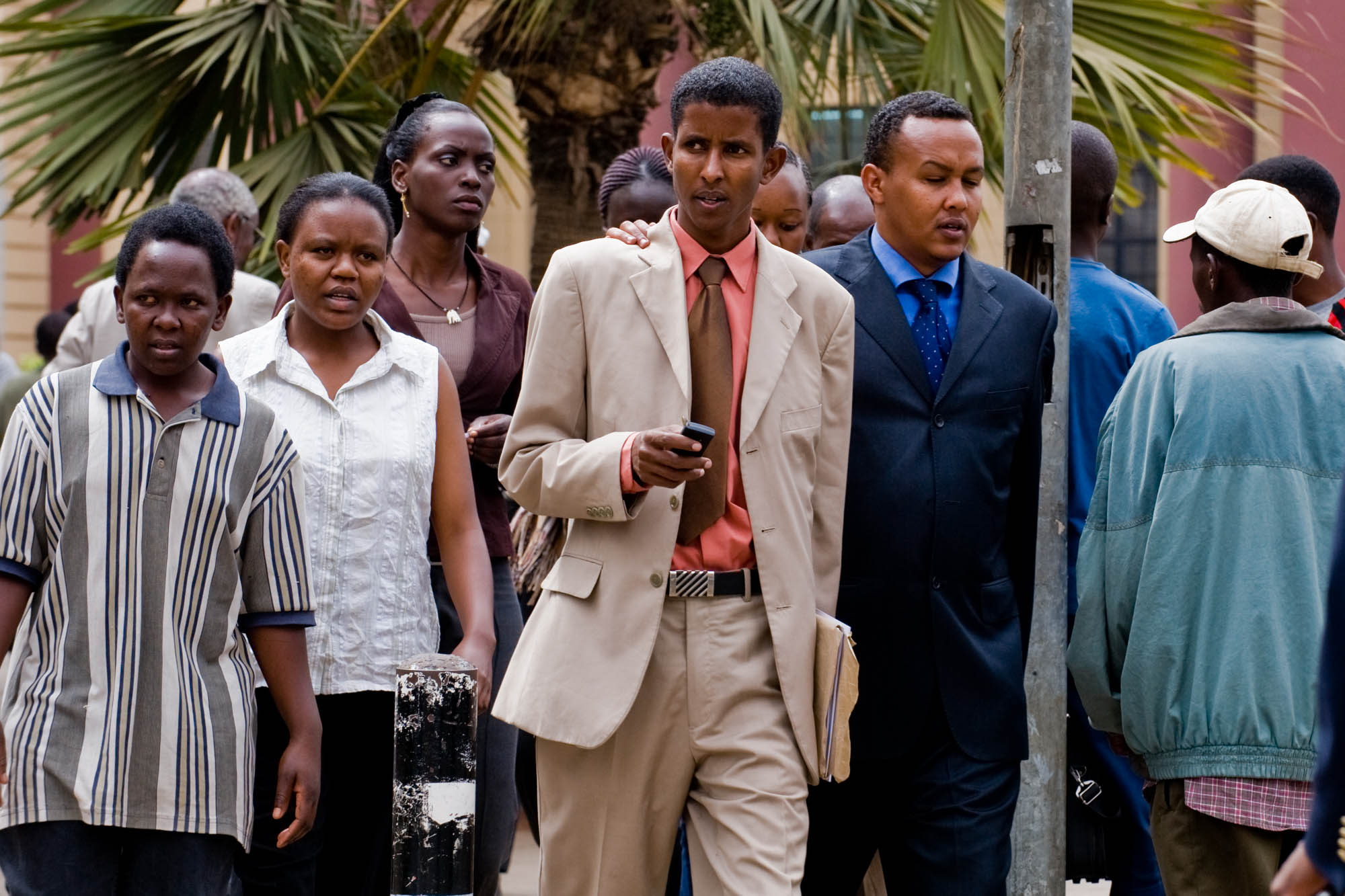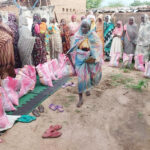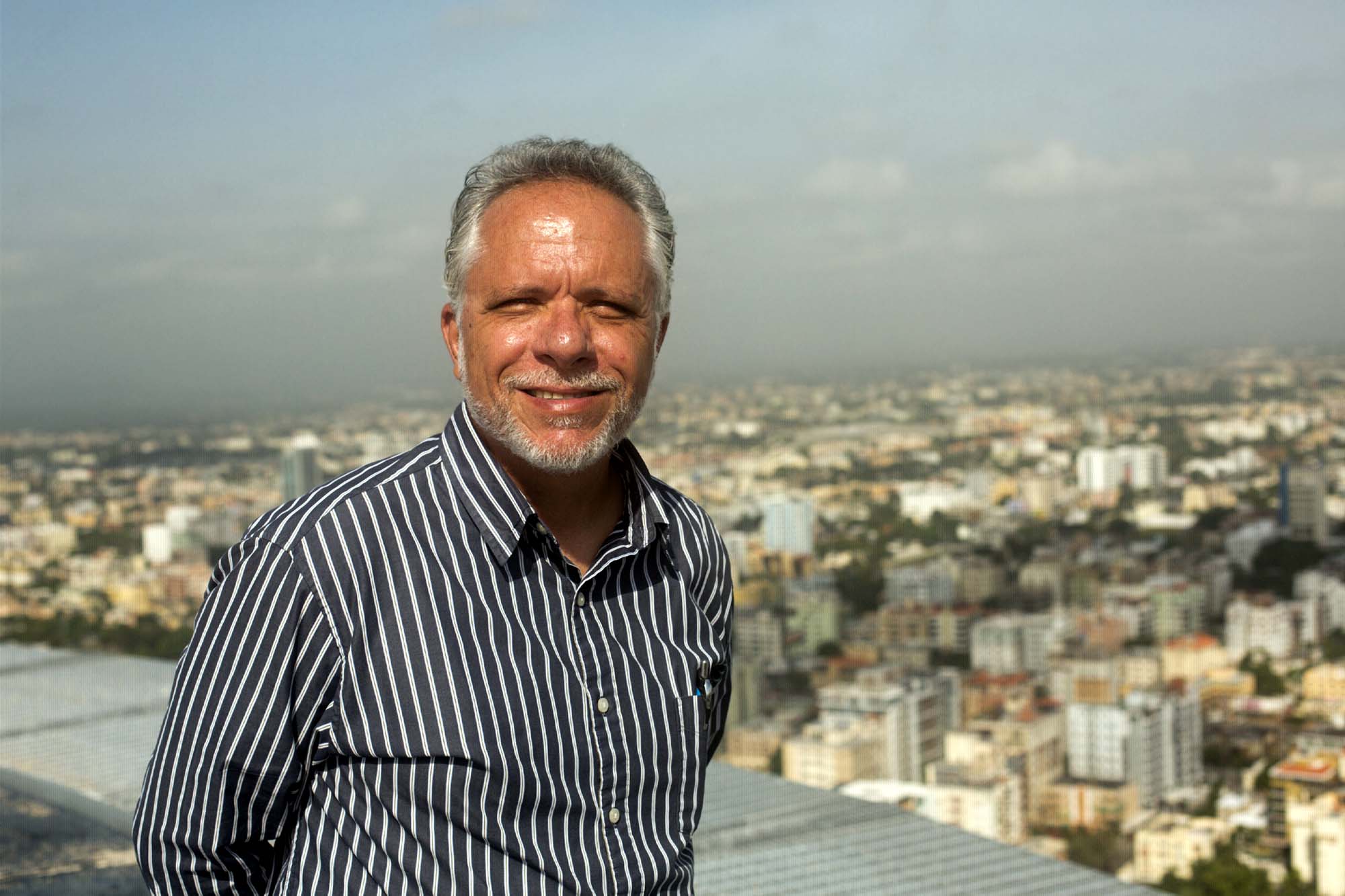
NAIROBI, Kenya (BP)–Fifty human resource managers file into the auditorium, grab some pastry and coffee and take their seats.
They listen expectantly, notepads ready, as the training conference begins. Their employers, some of the top companies in Kenya, are paying well for what they’re about to learn from this team-building event.
“We want to help your companies reach their maximum potential — through your relationships,” an introductory speaker says after breaking the ice with a few jokes. “We want to help you empower your people. Today you’re going to have to come together, to work together, to communicate.”
Management-speak clichés? Not in Kenya, where some businesses play rough. Treating co-workers or competitors respectfully and ethically isn’t exactly high on the agenda. In extreme cases, if you take a stand or cross somebody powerful, it might not just get you fired. It might get you hurt — or worse.
So the main conference topic — chosen by the participants from a list of positive character traits — comes as a surprise: boldness. Not rash aggression, but true boldness that speaks and acts from a clear conscience.
If that sounds like a biblical character quality, it is.
“It’s directly out of the Bible,” says Peter Green*, a Southern Baptist worker who helps lead the seminars. “These are concepts [the managers] hardly ever see lived out. But we present them as management skills, leadership and relational skills for profit-making. We believe every one of these topics will earn a company more money if they will practice it.” Committed, happy employees result in better products and loyal customers, the thinking goes.
The lecture session doesn’t last long. To practice boldness, the managers head outside to the main attraction: a challenging ropes course. They have to rely on each other’s help and encouragement to make it through. Green estimates the seminar program is about “20 percent theory and 80 percent application.”
These mostly young professionals belong to the upper-middle and “lower-upper” classes of Nairobi. They make between $2,000 and $3,000 a month. Some are black Kenyans; others are ethnic south Asians. Long an economic force in Kenya, the Asians fill up to half of Kenya’s business executive positions even though they represent only about 10 percent of the population.
Green and his Kenyan co-workers aim to quietly penetrate Nairobi’s business community with the Gospel through these seminars and other relational forms of outreach.
“We’re offering a professional, secular service, so we intend to give them ‘value,'” says Green, who has a business background in the United States. “This is a pre-evangelism step for us. We follow up in relationships.”
Satisfied conference participants will invite Green and his colleagues to their companies for additional training, hopefully yielding friendships and opportunities to communicate Christ and make disciples.
It’s slow and challenging work in Nairobi’s rugged business scene — particularly among Asian Hindus and Muslims who see Kenya’s cultural “Christianity” as hypocrisy. But it also can be just as tough among black Kenyans.
“The business world here is run in a Mafia environment,” Green says. “That’s true for the Asian sector and the African sector. Young people in Kenya don’t have any hope they can really get anywhere in life without becoming part of the corruption machine.
“We’re praying for contacts in high positions who will stem the tide and take a stand for Christian ethics” — and for Christ.
–30–
*Name changed. Erich Bridges is a global correspondent with the International Mission Board.



















